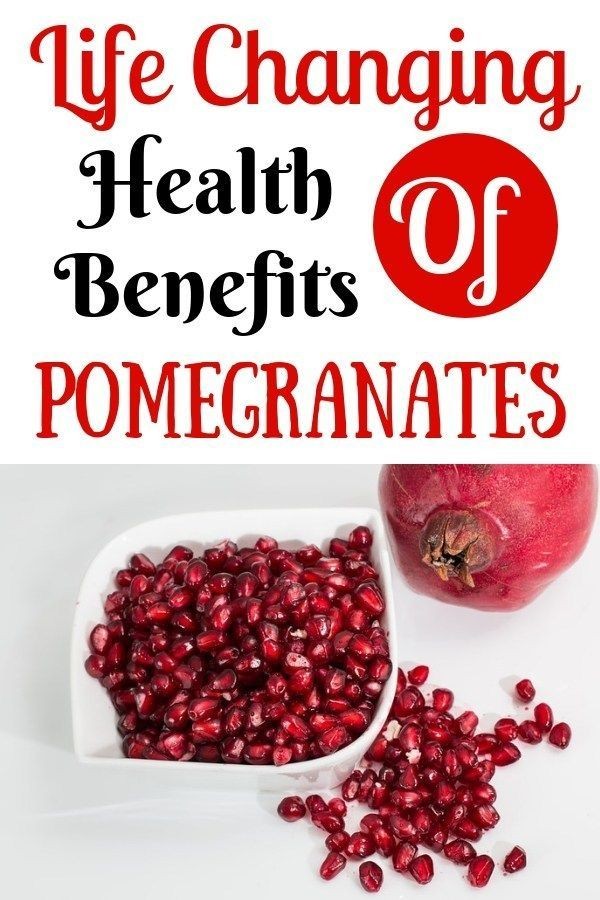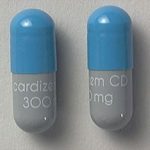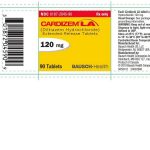
Contents
Health Benefits of Pomegranates: Who Should and Shouldn’t Eat Them?
Pomegranate fruits are sweet and round with thick, red skin. Health benefits of pomegranates include improved exercise performance, heart health, brain health, digestive health, and other benefits.
Pomegranate is an evergreen in the family Punicaceae. Its fruits are sweet and round with thick, red skin. It is native to northern India and Iran.
Pomegranates are nutritious and can be eaten for a variety of health benefits.
Some of these advantages include:
Improved exercise performance, endurance, and recovery
Pomegranates contain polyphenols. Polyphenols may enhance heart performance, increase exercise endurance, and quicken recovery.
Supporting urinary health
Pomegranates may support urinary health by reducing the formation of kidney stones.
Pomegranate extract may also regulate the concentration of phosphates, oxalates, and calcium in the blood, major components of kidney stones.
Preventing dental plaque
Pomegranate extracts may help manage dental plaque. A pomegranate dental rinse is as good as a mouthwash. Pomegranate juice also inhibits the growth of germs linked to periodontitis.
Improving heart health
Pomegranate juice may regulate blood pressure and manage the risk factors for heart disease.
Pomegranates have antimicrobial properties
Pomegranates contain compounds that may fight harmful microorganisms, improving dental health and fighting bacteria.
Protecting your brain
Ellagitannins found in pomegranates protect the brain from inflammation and oxidative stress.
Ellagitannins may also protect the brain from Alzheimer’s disease and Parkinson’s disease by decreasing oxidative damage and increasing the survival rate of brain cells.
Supporting digestive health
Pomegranates increase levels of good gut bacteria, suggesting prebiotic and metabolic properties. Pomegranates are also rich in fiber, vital for digestive health.
Pomegranates are packed with nutrients
Pomegranates are low-calorie fruits rich in vitamins and minerals such as Vitamin C. Their seeds are rich in fiber and should be eaten directly for full benefits.
Reducing markers of inflammation
Chronic inflammation can cause severe chronic conditions. Pomegranates actively reduce chronic inflammation linked with chronic illnesses.
Punicalagins, compounds found in pomegranates, possess anti-inflammatory and antioxidant properties.
Lowering the risk of infections
Pomegranate juice is a potent antiviral rich in vitamin C and other immune-supporting vitamins, perfect for preventing and fighting off illnesses and infections.
Cancer prevention
Pomegranates inhibit the growth of prostate cancer cells, suggesting cancer prevention or risk reduction.
Good for the immune system
Pomegranates are rich in antioxidants, compounds that protect cells from chronic diseases and boost the immune system.
People who shouldn’t eat pomegranates
Pomegranates have the potential to heal or prevent various conditions. However, the following people should consult a doctor before consuming this fruit.
- People who are allergic to specific plants. If you are already allergic to some plants, you’re more likely to react to pomegranates. Though uncommon, pomegranate allergies have been reported.
- People on cancer medication. If you are receiving cancer treatment, ask your oncologist before consuming pomegranate or any other herb. Pomegranate may interact with cancer medications in the body.
- People on blood pressure medication. Pomegranate extracts may lower blood pressure levels. While this is good news for most, it may be life-threatening for people with low blood pressure or unmanageable fluctuations in blood pressure.
Bottom line
Pomegranates are nutritious, tasty, low-calorie fruits rich in vitamins, minerals, fiber, anti-inflammatories, and antioxidants. There is ongoing research into the health benefits of pomegranate for digestive, cardiovascular, urinary, and cerebral health benefits.
Excess intake of pomegranates may cause various side effects for different people. To be safe, consume pomegranates in moderation and consult your doctor if you are under medication.
QUESTION
Advanced Biomedical Research: "Potent health effects of pomegranate."
ACS Chemical Neuroscience: "Pomegranate’s Neuroprotective Effects against Alzheimer’s Disease Are Mediated by Urolithins, Its Ellagitannin-Gut Microbial Derived Metabolites."
American Cancer Society: "What’s New in Prostate Cancer Research?"
Ananerobe: "Pomegranate ellagitannins stimulate growth of gut bacteria in vitro: Implications for prebiotic and metabolic effects."
Applied Physiology, Nutrition and Metabolism: "Effects of pomegranate extract on blood flow and running time to exhaustion."
Archives of Oral Biology: "Potential antibacterial and anti-halitosis activity of medicinal plants against oral bacteria."
Biomolecules: "Antioxidants: Positive or Negative Actors?"
BMC Complementary Medicine and Therapies: "The effect of pomegranate fresh juice versus pomegranate seed powder on metabolic indices, lipid profile, inflammatory biomarkers, and the histopathology of pancreatic islets of Langerhans in type 2 diabetic rats."
The British Journal of nutrition: "Effects of pomegranate supplementation on exercise performance and post-exercise recovery in healthy adults: a systematic review."
Clinical and Translational Allergy: "Anaphylactic reactions to pomegranate: identification and characterization of eliciting IgE-reactive components."
Complimentary therapies in clinical practice: "The effects of pomegranate juice consumption on blood pressure and cardiovascular health."
Icahn School of Medicine at Mount Sinai: "Pomegranate."
International journal of molecular studies: "Dietary Plants for the Prevention and Management of Kidney Stones: Preclinical and Clinical Evidence and Molecular Mechanisms."
Journal of Apllied Microbiology: "Antibacterial effects of the lectin from pomegranate sarcotesta (PgTeL) against Listeria monocytogenes."
Journal of the Science of Food and Agriculture: "Antimicrobial activity of pomegranate peel extracts as affected by cultivar."
National Institute of Health: "Pomegranate."
National Institutes of Health: "Pomegranate."
Nature Medicine: "Chronic inflammation in the etiology of disease across the life span."
National Center for Complementary and Integrative Health: "Pomegranate."
Nutrients: "Could Pomegranate Juice Help in the Control of Inflammatory Diseases?"
Quintessence International: "The antiplaque efficacy of pomegranate mouthrinse."
Urolithiasis: "Oxidative stress and nephrolithiasis: a comparative pilot study evaluating the effect of pomegranate extract on stone risk factors and elevated oxidative stress levels of recurrent stone formers and controls."


